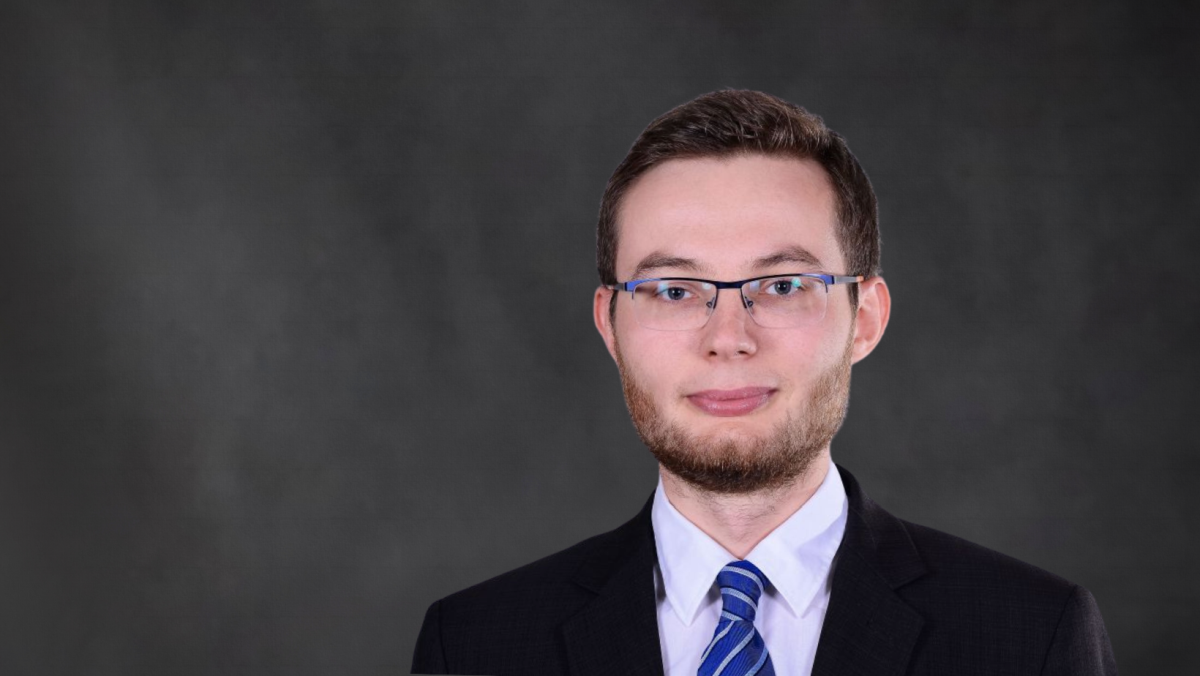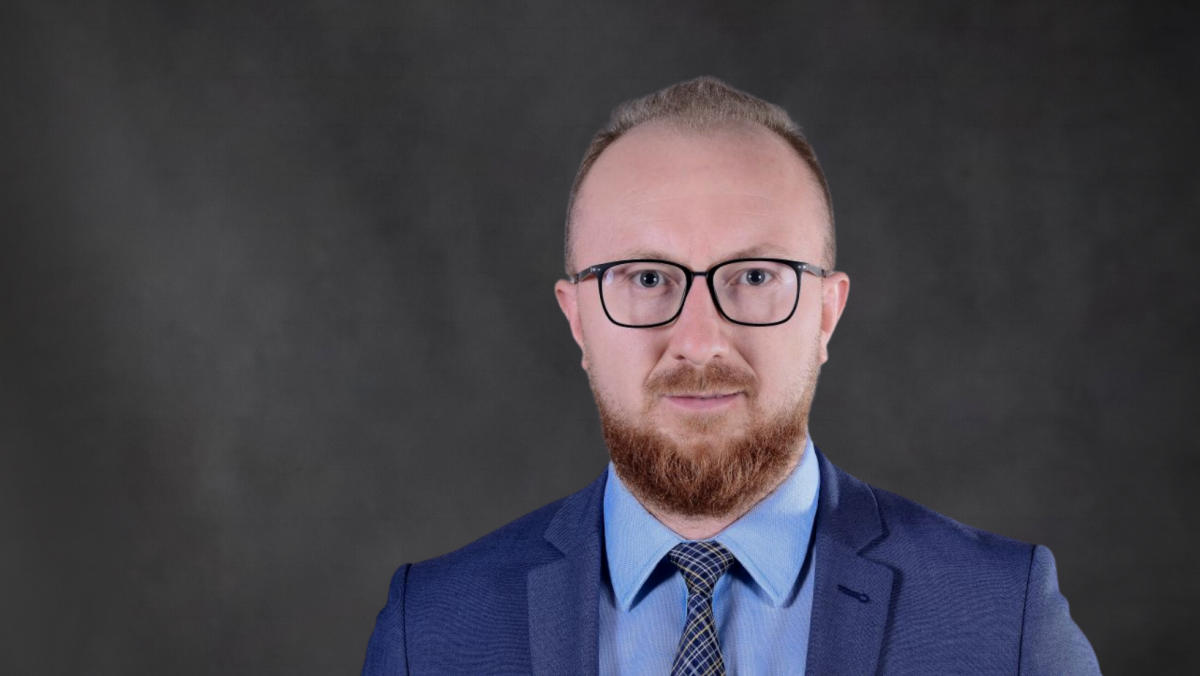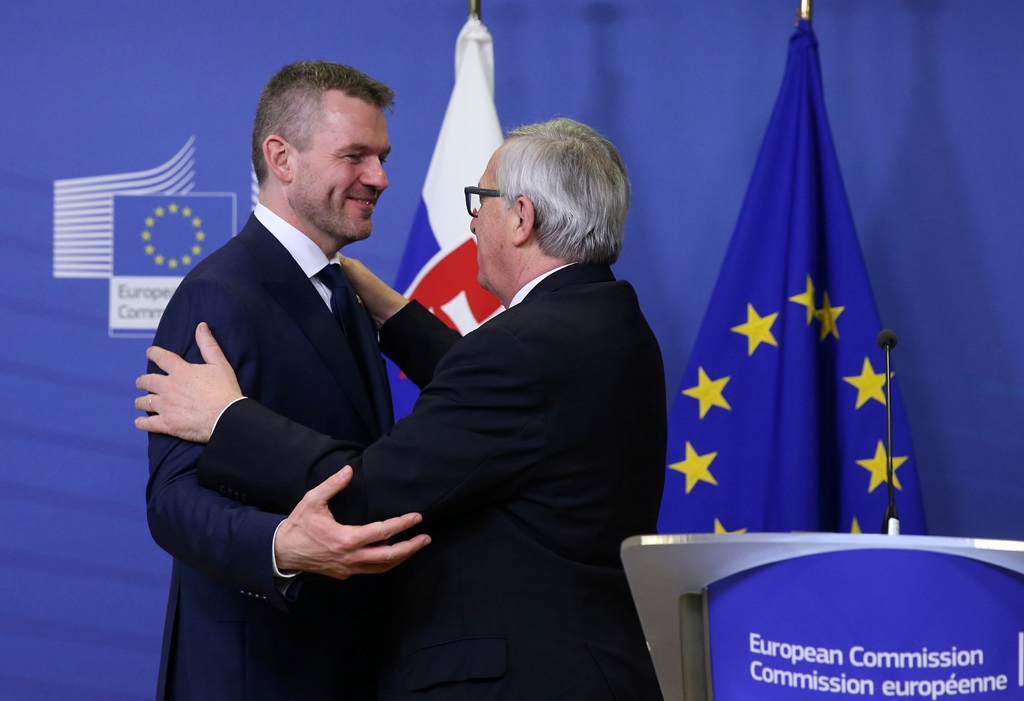Resignation of the Government in Slovakia

Why did Prime Minister Fico resign?
Fico’s resignation was a consequence of the political crisis that occurred after the murder of investigative journalist Ján Kuciak and his fiancée in late February this year. The content of a post-mortem article by Kuciak and his earlier works pointed to corruption in the government, including among connections surrounding the prime minister and the Vadal clan, a family of Italian immigrants in Slovakia who allegedly have had connections with the Calabrian mafia ‘Ndrangheta. The public protests that followed Kuciak’s murder, the largest since 1989, have led to the resignation of Interior Minister Robert Kaliňák and a demand for early elections by the opposition and coalition partner Most-Híd. With the drop in public support for Smer from 25.5% in February to 20% in mid-March, Fico’s resignation is intended to maintain the coalition and avoid early elections.
Who replaced Prime Minister Fico?
Pellegrini from Smer is the new prime minister. Since 2016, he was deputy prime minister for investment and computerisation. Previously, he was chairman of the Slovak parliament, the National Council (2014-2016), and minister of education (2014). Appointing the 42-year-old politician to the head of government, one free of corruption charges and associated mainly with the promotion of innovation in the economy, is an attempt to rebuild Smer’s tarnished image. Pellegrini’s political position, however, will be weaker than Fico’s, who will remain the chairman of the party. Such a change is not enough for some of the public, and hence, the announcement of further protests calling for early elections.
What was the role of President Kiska?
Kiska has been president since March 2014 after his victory over Fico. They are therefore political competitors. That is why Kiska was actively looking for a resolution to the political crisis, and both of his proposals—government reconstruction or a snap election—assumed Fico would be out of power. The prime minister regarded these proposals as improper pressure and accused the president of being a tool of George Soros, the billionaire investor, after Kiska met with him last year. At the same time, the president accepted representatives of the political parties, taking the role of mediator. In addition, he participated in the demonstrations. The acceptance of the government’s resignation in line with public expectations after—as Kiska put it—“two weeks of international shame in Slovakia,” increases his chances for re-election in next year’s presidential election.
How will the government change influence the political situation in Slovakia?
Pellegrini needs to reconstruct the government and provide parliamentary support for the new cabinet. This task seems to be a formality because 79 MPs have already endorsed in writing the new prime minister. However, to calm the public and increase the chances of completing the parliament’s term of office, the government’s key task will be to explain the circumstances of Kuciak and his partner’s death. The conciliatory style of Pellegrini, who unlike his predecessor does not verbally attack journalists and has described the street protests as a manifestation of true democracy, may help improve the dialogue with society. However, if the murders cannot be quickly clarified and the public protests continue, the Most-Híd might again propose early elections, which will probably be impossible to reject in exchange for the resignation of the government a second time.
How will the government change in Slovakia affect cooperation in Central Europe?
Despite the resignation of Fico’s government, the coalition was preserved. Therefore, the foreign policy of the Slovakian government should be expected to continue: cooperation within the Visegrad Group but without emphasising its importance over relations with Germany and France, also in the context of the debate on the future of the EU. Pellegrini as prime minister assured he would maintain the pro-European course of the state. As deputy prime minister, he emphasised the importance of cohesion policy for Slovakia. However, information about the improper use of EU funds in Slovakia and the alleged participation of the Italian mafia strengthens the votes of Member States that want to link the allocation of funds with the rule of law in the negotiations of the next EU budget, which Prime Minister Fico opposed.




